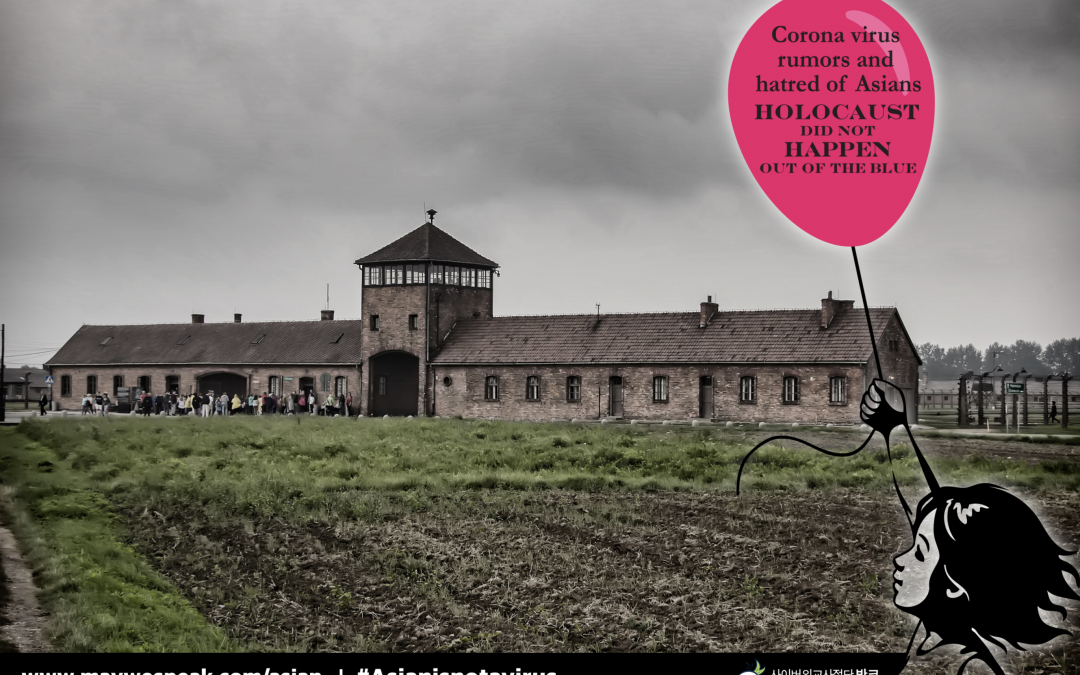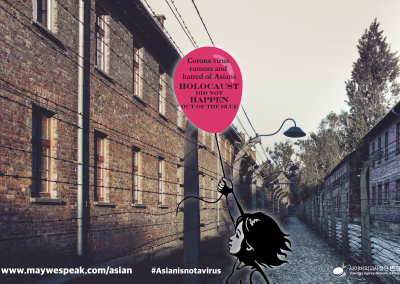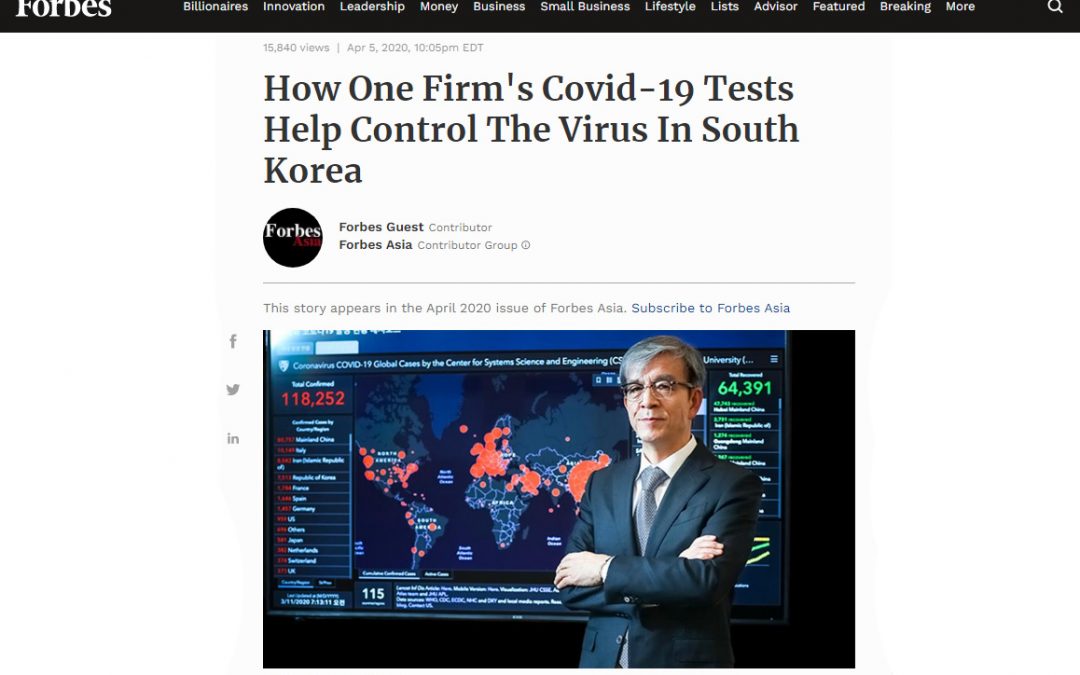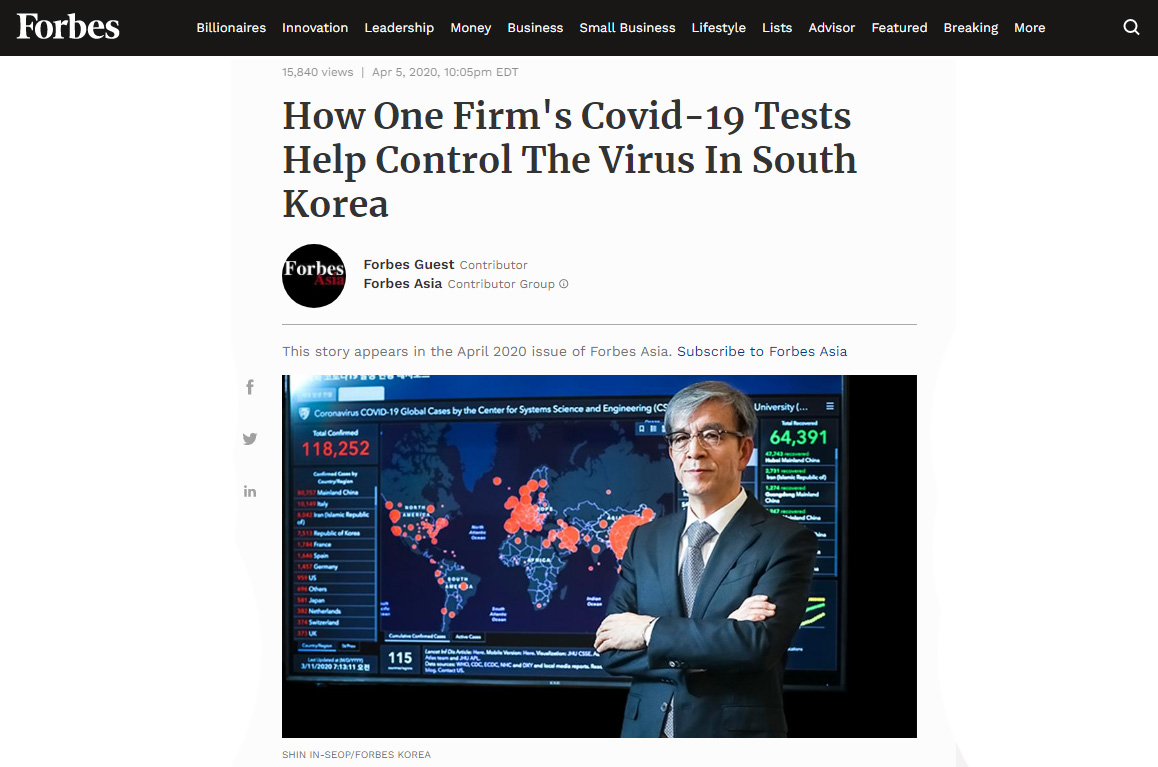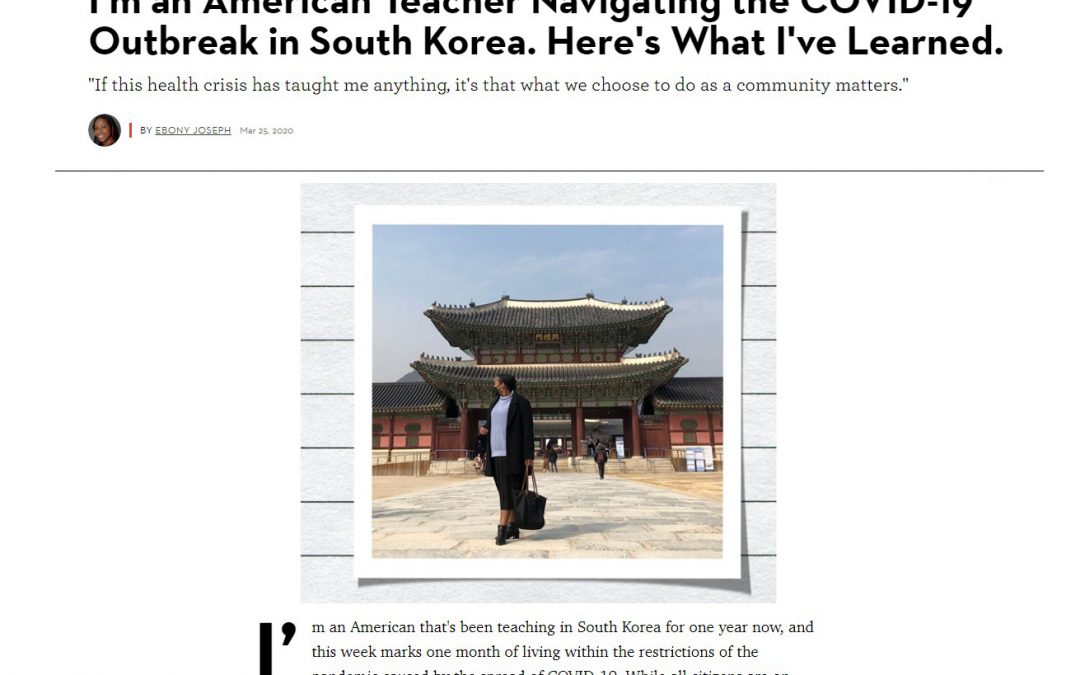
The Korea-Vietnam exchange should continue
The Korea-Vietnam exchange should continue
| All Heroes |

<Cultural exchange story>
During the time when the Vietnamese soccer team continued to win, Koreans cheered and rejoiced for Vietnam’s victory together. The only reason was that the coach of the Vietnamese national soccer team was Park Hang-seo.
The success of the Vietnamese soccer team brought cultural exchange between both countries.
As the number of Korean travelers to Vietnam has increased, Vietnam became the second-largest country visited by Koreans in 2019.
[Table-1] Number of Korean Overseas Travelers to Major Asian Countries
(Unit : Number, %)
| Country | 2017 | 2018 | 2019 | |||
| Entry of Korean | Change | Entry of Korean | Change | Entry of Korean | Change | |
| China | 3,863,800 | -19.1 | 4,193,500 | 8.5 | – | – |
| Japan | 7,140,433 | 40.3 | 7,538,952 | 5.6 | 5,584,638 | -25.9 |
| Hong Kong | 1,717,867 | 6.8 | 1,421,411 | -4.5 | 1,042,540 | -26.7 |
| Philippines | 1,607,821 | 9.0 | 1,624,251 | 1.0 | 1,987,322 | 22.4 |
| Vietnam | 2,415,245 | 56.4 | 3,435,406 | 42.2 | 4,290,802 | 24.9 |
On Korean TV, more and more programs have been produced about traveling to Vietnam and introduced Vietnamese food.
Young Koreans, who have increased interest in Vietnam as a whole, are creating and introducing Vietnamese-related contents on their Youtube.
Then, how about Vietnam?
A popular music streaming website in Vietnam categorizes their music into Vietnam, the West, and Korea.
The rights of popular films, dramas and TV shows in South Korea are exported to Vietnam, where remakes and televises them.
More and more Vietnamese students have come to Korea to study every year, and the number in 2019 has increased by 45 times compared to 2010.
[Table-2] Total number of Vietnamese studying in Korea by the year(2010~2019)
(Unit : number)
| Year | Degree course | Non-degree course | Total |
| 2010 | 370 | 238 | 608 |
| 2011 | 395 | 366 | 761 |
| 2012 | 398 | 486 | 884 |
| 2013 | 435 | 764 | 1,199 |
| 2014 | 576 | 835 | 1,411 |
| 2015 | 761 | 1,477 | 2,238 |
| 2016 | 1,176 | 3,025 | 4,201 |
| 2017 | 1,977 | 7,533 | 9,510 |
| 2018 | 3,690 | 15,095 | 18,785 |
| 2019 | 7,818 | 19,542 | 27,360 |
<Economic exchange story>
The relationship between Korea and Vietnam has continued in various fields since the establishment of diplomatic relations in 1992, making Vietnam the fourth largest trading partner of Korea and Korea the second of Vietnam.
As of 2018, Korea’s investment in Vietnam topped with the number of 7,459 investments and the amount of $62.57 billion.
– ① South Korea(7,459 cases, $62.57 billion) ② Japan(3,996 cases, $57.02 billion) ③ Singapore(2,159 cases, $46.62 billion) ④ Taiwan(2,589 cases, $31.44 billion)
Samsung Electronics, LG Electronics, Doosan Heavy Industries & Construction, Hyundai Heavy Industries, SK Energy, GS Engineering & Construction, Korea Electric Power Corporation, POSCO, Samsung C&T, Kyungnam Engineering & Construction and Hyosung are major investment companies in Vietnam.
The investments from South Korea contribute to 35 percents of total Vietnam’s exports.
Not only the economic achievements, but the two countries are also in-laws.
Of the number of international marriages, Vietnam has marked the highest rate since 2015.
Under the spirit of future-oriented and mutual respect, the relationship between both countries has been reciprocal, active and creative for the past 25 years.
<COVID-19 story>
The fear and shock provoked by the COVID-19 is spreading all over the world.
Although the methods and political systems are different from each other, Korea and Vietnam are fighting against the Covid-19 relatively successfully.
The method that Vietnam has dealt with it can be defined as transparent disclosure of information and intensive administrative measures.
Vietnamese authorities approved the share of information on the Internet, making the information on disease transparent to the public. In particular, while closing the border to suspend for foreigners to enter the country, they announced that strict measures would be implemented for the citizens and heavy penalties would be imposed on those who violate them.
Now many foreign media share about the success stories of the battle against the COVID-19 in South Korea and Vietnam.
On April 23, The Daily Telegraph in the UK released an article titled ‘Vietnam lifts lockdown: How a country of 95m bordering China recorded zero coronavirus deaths’, regarding the fast response of Vietnam.
Since February, when foreign news focused on Korea due to the surge of the number of the cases, Korea has been paid attention as an example of quarantine system.
In an article released on March 11, the France24 reported on the way of response for the virus in Korea and emphasized that the Korea’s method could be a model for the countries battling against the COVID-19 with experts’ opinions. According to the report, the methods including transparent disclosure of information and massive diagnostic tests have been effective to contain the spread of virus.
United Kingdom <BBC> March 12
The Korean diagnostic test is the most reliable with 98 percents of accuracy. Korea is developing the vaccine faster than any other countries with the massive test samples.
South Korea is being asked for provision of the diagnostic kits by more than 120 countries around the world.
U.S. President Trump spoke on the phone with Korean president and asked for help.
Hasty optimism should be cautious, but the successful experience can be shared.
Foreign media have requested for coverage about the epidemiological investigation system in Korea, which has played a key role to contain the COVID-19. The Korean government held an online press briefing (April 10) and 77 news agencies attended from various countries including U.S., Spain, Denmark, Russia, France, Japan, Singapore, etc.
“If needed, we would like to share our technology with the world for the humanity to move forward together. The technology of the system can be revised and used to deal with the other urban problems or urgent national disasters.”
On the same day, Bill Gates (the president of The Gates Foundation) suggested to the Korean government to cooperate for development of the vaccines and treatments for the COVID-19.
“Before the call, I searched for the development process of the vaccines and treatments in Korea. I hope to cooperate with Korea to accelerate its development.
“I respect that Korea supports the diagnostic kits to the developing countries.”
“The fact that Korea provides the kits to various countries shows their success in responding to COVID-19.”
(Hankook Ilbo, April 10, President MoonㆍBill Gates cooperate to develop treatments for COVID-19)
The experiences can be shared through exchanges between countries.
If entrepreneurs fail to continue their exchanges, bilateral economic and trade activities would be shut down, which could return to the difficulties of both citizens.
Unfortunately, the emotional misunderstanding has been triggered between both citizens, breaking their friendship for 25 years in the reports on COVID-19.
The opportunities for development between both countries are getting further away, while we are blaming each other due to misunderstanding.
There are many tasks to solve together.
What about the hatred of Asian in Europe?
Would you ignore the discrimination? We are the Asians.
What about the future of the Korean-Vietnamese children?
Korea and Vietnam have many tasks to solve together.
Did you know about the great history that the youth of Korea and Vietnam fought for their lives against imperialism?
In 1919, Korean independence activists helped Ho Chi Minh’s independence movement in Paris, France, and vice versa.
A great history of Korean and Vietnamese youth helping each other to overcome the difficulties 100 years ago, that is the present we are living now.
Cooperation 100 years ago, 25 years of friendship, 100 years of our future generations?
Would you stop preparing for the future due to the virus?
